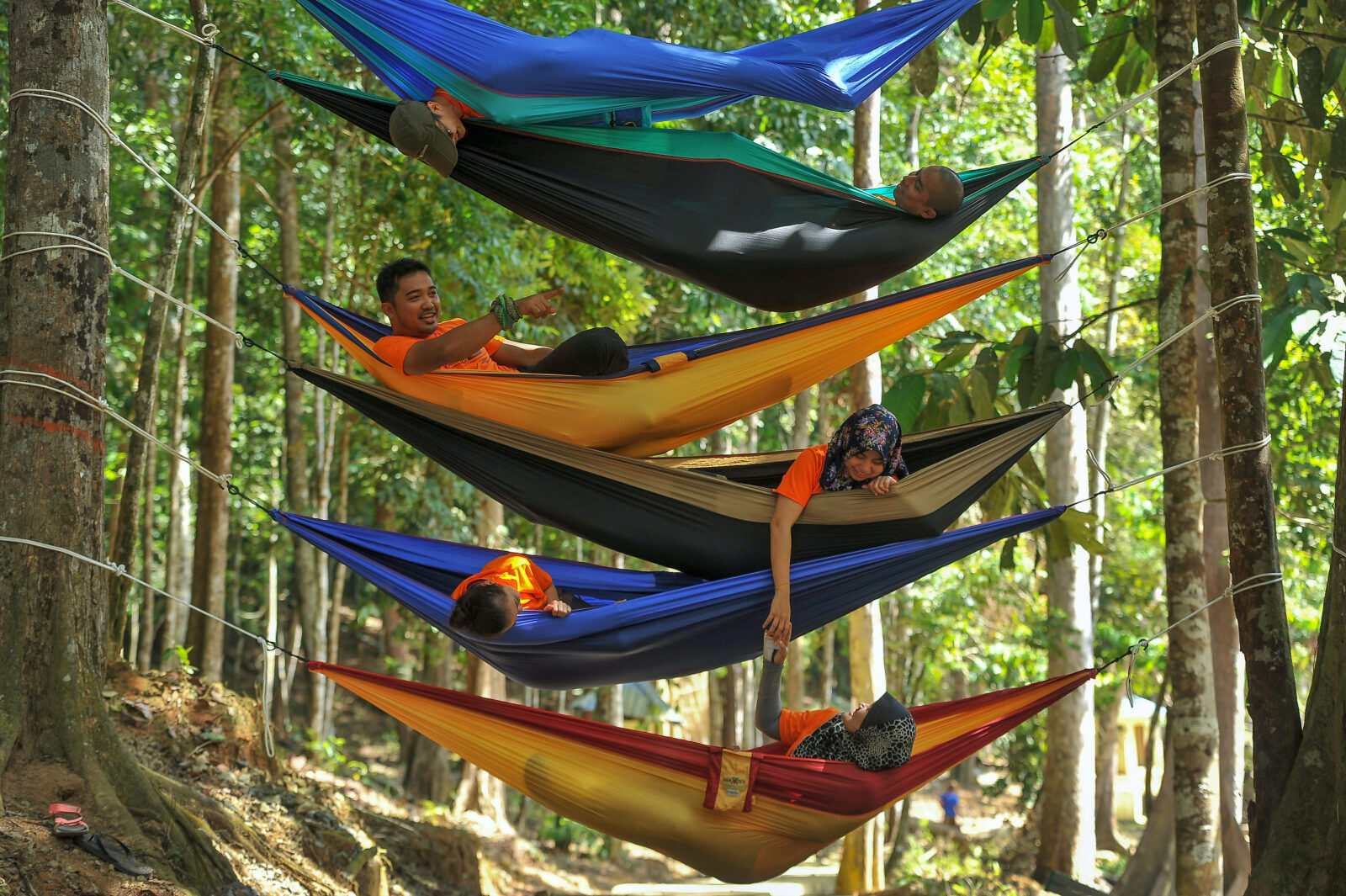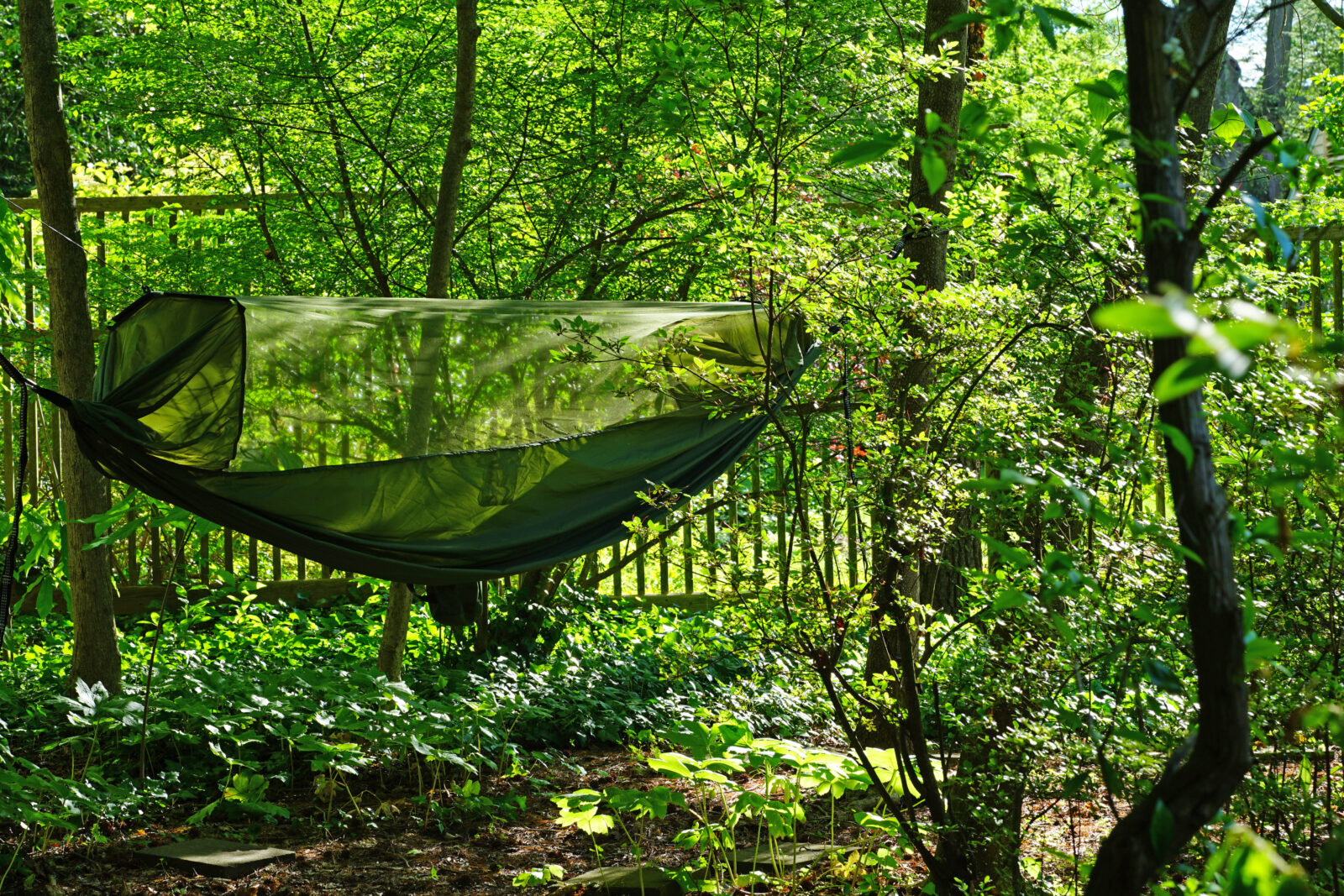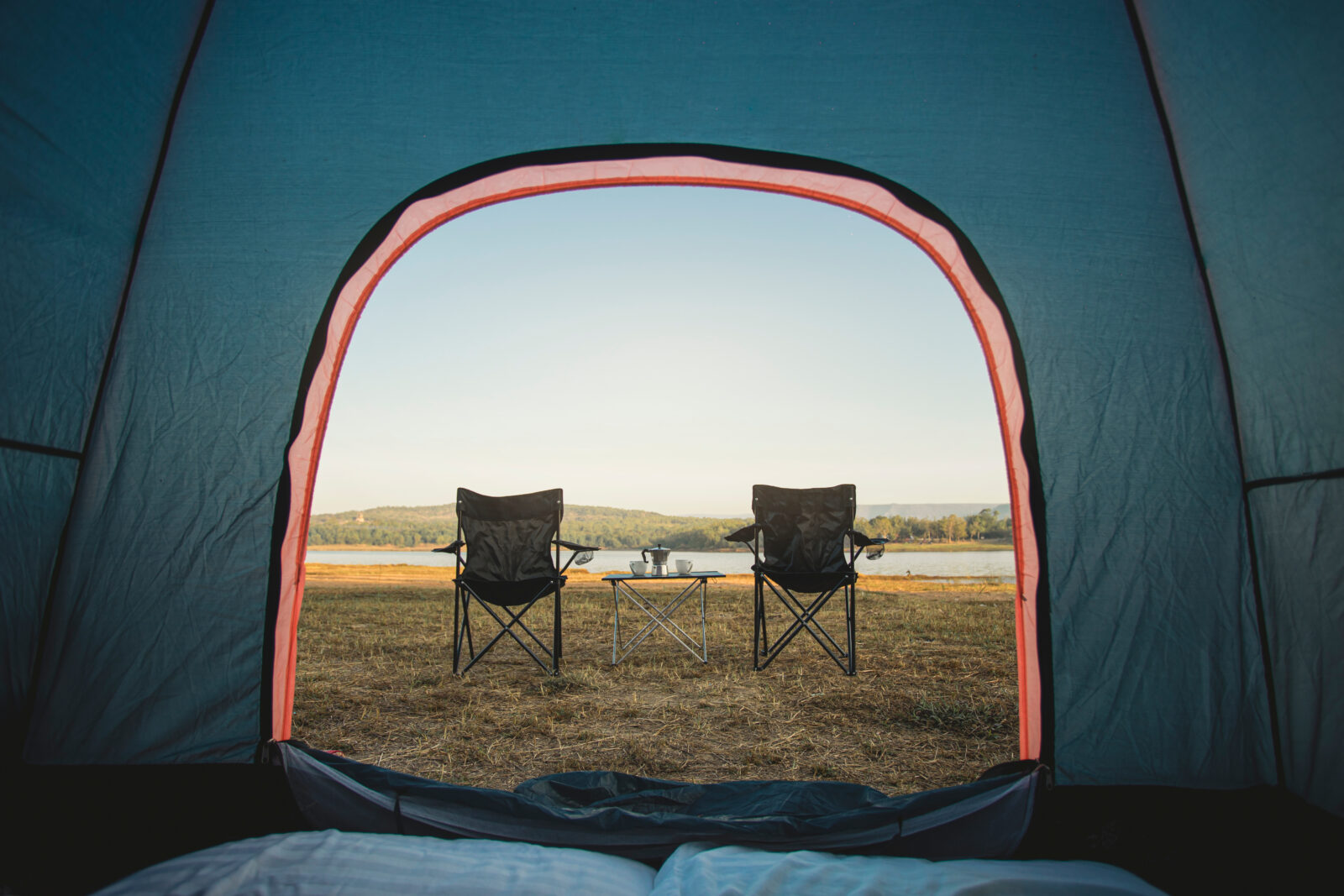Let’s be real: Bugs are no fun while camping.
But, if you’ve ever camped during prime bug season, you know how hard it can be to keep mosquitos and other biting insects at bay.
So, how exactly do you keep bugs away while camping, you might ask?
If you’ve ever asked yourself this question, we’re here to help. In this article, we’ll introduce you to 10 effective ways to avoid bugs during your next outdoor adventure.
1. Avoid camping in buggy locales
Although it’s unlikely that you’ll be able to completely avoid bugs while camping, there are some places that are less buggy than others. So, choosing these sites for your next camping trip is ideal.
For example, places like Yellowstone National Park and Great Smoky Mountains National Park, while beautiful, tend to be very buggy during the summer. Meanwhile, desert environments, like Joshua Tree and Death Valley National Parks tend to be less prone to mosquitos (though they do exist).
Additionally, camping in the shoulder seasons, particularly in the fall, is a wise choice if you want to avoid bugs. Or, if you’re looking to skip the bugs altogether, a winter camping trip to somewhere like Glacier National Park might be ideal.
Read More : 11 Tips and Tricks to Pick the Perfect Campsite
2. Use permethrin to treat your gear and clothing
Regardless of where you plan to camp, treating your gear and clothing with permethrin might be a great way to stop bugs in their tracks.
Unlike traditional bug sprays, permethrin is designed to be applied directly to your equipment, like your glamping tent or hiking backpack, to keep bugs at bay. It can survive about 20 to 40 laundry cycles in a washing machine, too, so it’s an easy-to-use bug repellent for a variety of adventures.
Do keep in mind that liquid permethrin is toxic to cats. So, if you have felines at home, spray your gear and clothing with permethrin outside and let it dry completely before bringing it back inside.
3. Consider traditional bug sprays
In addition to using permethrin, it may be worth considering the use of more traditional bug sprays.
These days, you have a choice between a number of bug sprays, from DEET to Picaridin. Each has its own advantages and disadvantages, and some aren’t ideal for children. So, proper research is required before using any bug sprays.
However, in very buggy locales, a regular spritz of bug spray can help to keep mosquitoes, ticks, and other biting insects at bay. Just be sure to wash your hands with soap, water, and dry off with a towel after applying bug spray to ensure you don’t get it in your eyes or mouth.
4. Wear a mosquito head net
For folks who want to avoid chemical-based insect repellents, a mosquito head net is a solid choice.
Mosquito head nets are designed to keep bugs away from your head and face while in camp. They usually fit over a hiking hat with relative ease and they can provide quite a lot of protection from annoying insects during your adventures.
That being said, we would highly recommend investing in a head net that’s made with no-see-um mesh netting. This type of mesh has much smaller holes than true mosquito netting, so it’s better at protecting you from a wider range of critters.
5. Try bug-repelling diffusers
If you’re going on a car camping trip to a buggy locale like Acadia National Park or Shenandoah National Park, a set of bug-repelling diffusers might be a good idea.
These little devices are either battery-powered or they’re designed to use camping stove fuel canisters to power a fan that spreads bug-repellent around your campsite. Since they don’t require you to physically apply any spray or lotion to your body, they can be nice for people who want to avoid using chemicals.
Plus these diffusers are portable enough to be placed on a camping table while you eat. So, they’re a nice option for keeping bugs at bay during mealtimes.
6. Avoid using scented toiletries
While camping is often about roughin’ it, many of us do bring toiletries and other hygiene supplies to help us stay squeaky clean in the mountains.
However, if you’re going to bring toiletries, it’s best to use unscented models while camping in buggy locales. That’s because, among other things, mosquitoes and other insects are often attracted to fragrances.
Therefore, minimizing the number of scented toiletries that you use during the day can help reduce the number of mosquitoes flying around your campsite. If you still want to keep clean, opt for a quick camp shower with unscented soap, instead, at the end of a long day of hiking.
7. Have a campfire
As a general rule, mosquitoes and other bugs hate smoke. While we don’t entirely know why many mosquito species avoid smoky areas.
In fact, there’s plenty of anecdotal evidence that smoke repels bugs, though this hasn’t been demonstrated in scientific studies. Regardless, many campers have found that having a campfire is an ideal and highly effective way of avoiding mosquitoes.
Since campfires are a fun part of any camping trip, it’s worth trying one out on your next adventure to see if the smoke really can keep the bugs at bay. Just don’t forget to bring your lighters, tinders, and firestarters to help you make the perfect fire.
Read More : 11 Tips to Have A Campfire Safely
8. Invest in a screen room or porch
If your 2 room tent doesn’t already have one, a screen room or porch is often a great addition to any car camping gear list. Indeed, a large screen room is often the perfect place to sit back and relax while at a buggy campsite, so investing in one can make all the difference on your adventures.
Alternatively, if you’re going on a backpacking trip, a hammock with a hammock bug net can also be an ideal place to lounge. The key is to find a bug-proof relaxation solution that works for your preferred adventure style.
9. Consider natural bug repellents
Humans have long tried to avoid bugs both at home and in campsites. So, over the millennia, we’ve come up with our own natural ways to avoid insects in our lives. As a result, there are a number of different natural bug repellents out there that may be worth trying during your camping trips.
Some herbs and plants, like sage, mint, eucalyptus, and rosemary, are all fairly effective bug repellents. Placing these herbs in your campfire and allowing their scent and smoke to waft around your campsite can sometimes be a nice, natural way to avoid the bugs.
10. Keep a clean campsite
Last but not least, keeping a clean campsite is always a great way to keep bugs out of your tent area. Indeed, with the exception of mosquitoes (which are attracted to our sweat and breath), many insects are attracted to food.
Thus, keeping your campsite as clean as possible can help you avoid bugs during your trip. In fact, even little things like throwing out your trash each night and properly storing your food in bear boxes or coolers can go a long way toward preventing bug infestations while you’re out and about.
Gaby Pilson
Gaby is a professional mountain guide with a master’s degree in outdoor education. She works primarily in the polar regions as an expedition guide, though she can be found hiking, climbing, skiing, sailing, or paddling in some of the world’s most amazing places when not at work.


